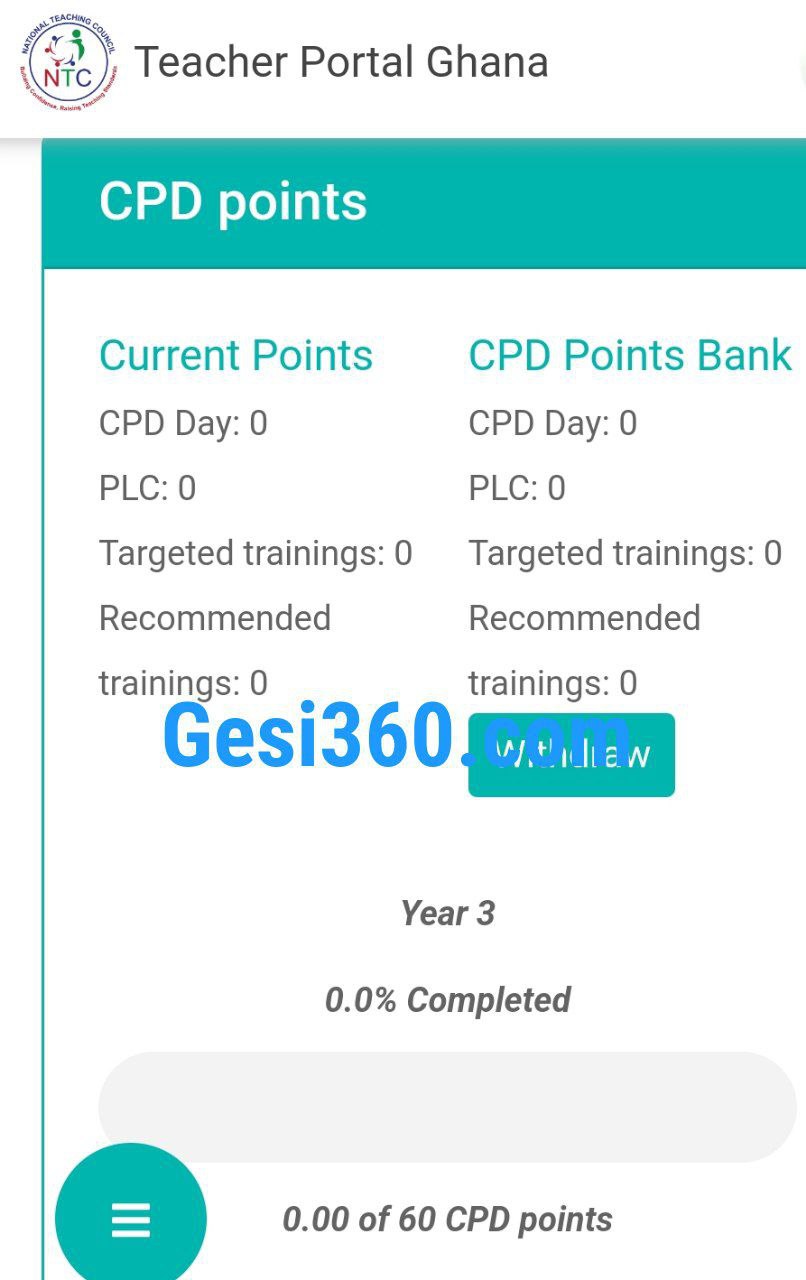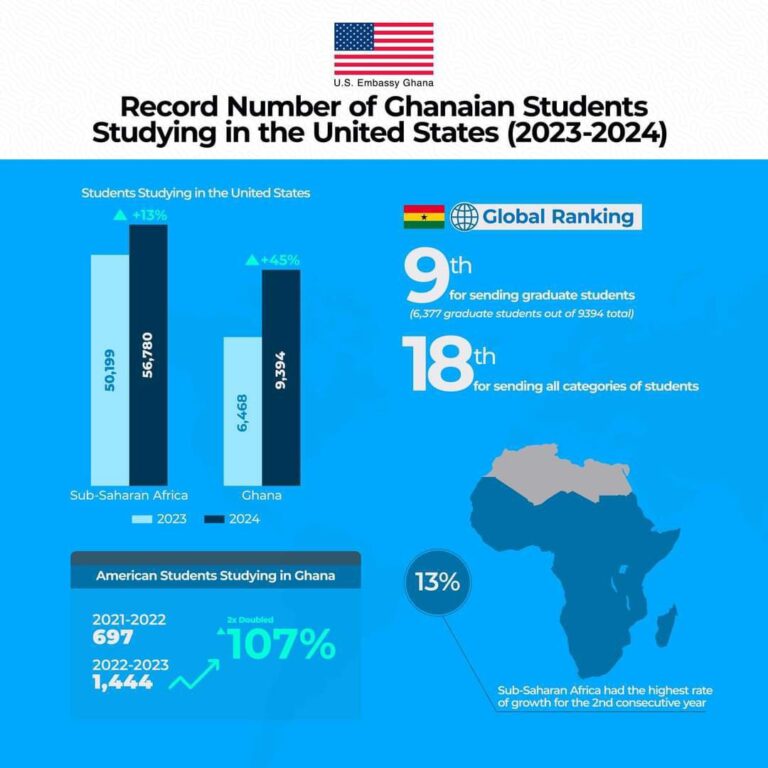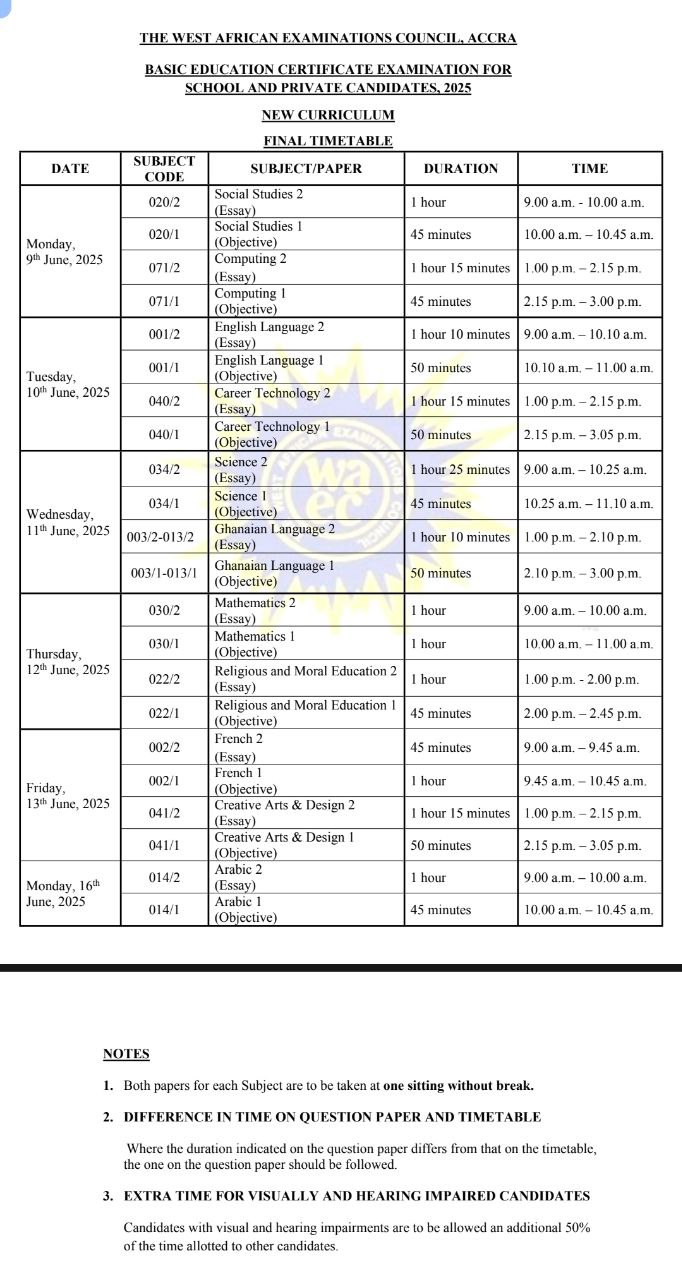
Summary of PLC 3 Session Zero
PLC Handbook 3 Introductions and Keynotes
Awarding CPD Points for Handbook 2 and Approaching CPD Points for Handbook 3.
NTC ACT; Education Regulation Act, 2020 (Act 1023)
CPD Reforms
Renewal of License
The license of every teacher shall be renewed every three (3) years. To retain the license, an individual
teacher must earn the stipulated minimum credit points of the current rank ( Now the same for all) within three (3) years before the license renewal date.
Renewal of License will be based on the 60 CPD Points accumulated overall 3 years for all ranks.
All SBI, CBI, and DBI are changed to PLC
Here are the Keynote on that
6 Points for PLC
6 Points for NCPD Days
4 Points for Targeted Training
4 Points for Recommended Training
NCPD total of 20 per year.
Further Breakdown

From the New NTC TPG Portal,
You can now see the breakdown
CPD Day Points
A total of 3 points in a semester hence, one will get 6 points for this at the end of the two semesters.
These are days observed as CPD Days
CPD Days will be organised by Metro/Municipal or District Directors ones in a Year to award the Points.
But this year, the NTC Will Organised Sexual Harassments awareness and Prevention Course to award 3 CPD Points for CPD Day for the first semester.
The CPD Day in Semester 2 for this year will also be organised by NTC on Digital Literacy for 3 CPD Points
PLC
Each Semester PLC Session gives you 3 Points, hence for the two semesters you get 6 Points.
if PLC sessions are 13 in semesters the Points will be 3/13 for each session thus 0.23. so someone who attends only 7 sessions will acquire only 7 x 0.23 about 1.6 points out of the 3 points for the semester.
The PLC points are awarded weekly by the Station manager.
Data required to Award points include the person being there and signing the attendance sheet, the sheet will be uploaded into the portal for further confirmation before the award of marks.
Targeted training
These trainings are training mostly conducted by certified service providers, eg; NTC, T-Tel, UCC, teacher Unions( GNAT, NAGRAT, CCT-GH, Education Office, UEW, etc. The list of certified Service providers can be obtained from the website of the NTC.
This Targeted training gives you 2 Points per semester. hence for the two semesters, you get 4 Points.
Some training will include Digital literacy, Sexual harassment awareness, and Prevention, etc.
Recommended Training ‘
This training also gives 2 CPD Points per semester with a total of 4 Points for the two semesters.
Training initiated by Yourself to help you understand something better, or by SISO, Head, Education office, etc depending on the training need of the Teacher.
So each semester you are to obtain 10 CPDs, with a total of 20 NCPDs by the end of the two semesters or the Academic Year.
60 NCPD at the End of the 3 Years for license renewal.
On the Sexual Harassment Awareness and Prevention
Introduction to the Course,
How to register, when to, and get points.
This is a mandatory online training being hosted by the NTC on the ilearn.ntc.gov.gh
Currently, you can not register on the ilearn portal, but this guide will help you to know what to do.
The mandatory online training on sexual Harassment Awareness and Prevention seeks to strengthen teachers’ knowledge and awareness of what constitutes sexual harassment in schools types/ forms, and impact.
All teachers must take the course.
Currently, you can not take the course, the course will be activated by the NTC with a letter to schools and an SMS to teachers with a Google form to register.
How to access the Online Training
To enroll in this course, each teacher would receive an SMS message from the NTC. The NTC would send the message before the first PLC session. The message will contain a link to a Google form that requires the teacher to register for the course.
After registration on the Google form, participants will receive a second SMS to access the training course on the NTC Platform.
The Portal will be the https://ilearn.ntc.gov.gh
On the login page,
Your Username: is the email address you will provide when registering on the Google form
password; will be changed.
Login and change your password immediately.
After successfully logging in, click on the course title to begin the training.
You need to click on your region’s Whatsapp group to Join and also Join the Telegram Group.
Issues
No SMS message from NTC or unable to login
You contact your coordinator for assistance.
You can save responses when you have started the course and come back later to continue.
The training will take you within 1 – 3 hrs to complete. You can discuss your response with other colleagues.
About the Online Course
The course is divided into 3 modules.
The online course contains a downloadable version of the presentation and the GES guideline for addressing sexual harassment in secondary education institutions. The course uses case studies and scenarios for further explanations.
The training also includes a range of assessments at the end of each module.
You are to complete the assessment.
CPD Points to be awarded will be 3 CPD points.
The three modules are
Module 1: Understanding Sexual Harassment
Module 2; Reporting procedures and response mechanism
Module 3; Support to Victims and Disciplinary Actions
When you finish a congratulatory message will come with a link to confirm you have finished, click on the link to confirm.
But this message will only come when you are done with the assessment.
How to scan and use the kobo-collet
For Android users
Download the Kobocollect App on the Play Store
Download the QR Code scanner
scan the code from your facilitator
Click on PLC Book 3
Start Survey
For iPhone users scan the bar code from the trainer
You’ll be redirected immediately
Updating with More information
Awarding CPD Points to Teachers as Station Managers on tpg portal
When you are made a station manager by your Head, you can now award PLC CPD Points to teachers weekly.
The Stages are;
Login to your NTC TPG Portal
Click on Menu
Select Manage Station
on Manage Station You Click on your school
The Details of the Teachers will pop up including name, license number, credit Points, etc.
After PLC you need to Upload the Attendance Sheet and mark the person present.
But the System will verify from the attendance record.
Immediately Points are awarded the teacher gets an Alert in the Email,
The teacher can also log in to the TPG portal to confirm the Points.
Teachers can also go to their dashboard to download their CPD Transcript
Current Portal issues
By May 10th All points taken will be rectified.
Change of Rank;
How to Change your District, Rank, Password, download Certs, and more on NTC Teacher Portal 2024
How to Change Your Rank
- Login to your tpg Teachers Portal
- Click on the Menu
- Select Profile
- Scroll Down and Select Rank
- Select your appropriate Rank,
- Upload a document that shows proof of your Rank







